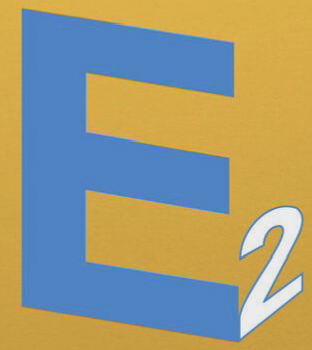Nothing Wrong with Asking for Help
I grew up in New York and was considered to be a strong student so sat many Regents exams as final exams. These were standardized tests that demonstrated excellence. I was in honors math and expected to take Regents exams which was not a problem until I took geometry and crashed into the math wall. I could have pretended that all was fine because nobody expected me to do poorly in school, but I asked for help, in fact, I screamed to everyone who was listening. I met regularly with my teacher, but also began working with a specialist outside of school. Ultimately, I passed the Regents Exam, got a B+ in the class and moved on with my high school career. I’m certain that I could not have gotten that grade or passed that exam without the many hours of support that I was given.
Learning is and should always be seen as a process of gaining knowledge. It starts at the unknown and if done well, moves to comfortable knowledge. Sometimes that build to understanding comes easily and sometimes not. Ultimately, the path to knowledge doesn’t matter; the important goal is that the information is learned and can be used. While schools have always urged students to ask for help, most students (we probably had times when we thought this) feel that asking for individual support is viewed as weak and they will be seen as less successful than their classmates. This was particularly common in the hyper-competitive atmosphere of many schools immediately before the pandemic. In the quest for “perfect,” many students would avoid advocacy because they thought it made them look less prepared, less invested, or most importantly, less intelligent. How did we get here?
When our children join sports teams, they spend several days a week being coached before entering into their first competition. In fact, the better that they get in a sport, the more coaching hours they attend. Elite athletes often have private trainers in addition to the team coach. Whether the support is with a team coach or a team of coaches, we do not expect that our children will compete in sports without this support and training. Like sports, excellence is mentored in the workforce. Many companies support and continually train their employees. Public speakers are commonly trained on their rate and diction. In sports and in the workplace, asking for help and clarification for growth is applauded. Why is it different with academics?
The pandemic has normalized office hours. Let’s not go back to thinking that help is a sign of weakness when it is, in fact, a sign of self-awareness, resilience, and strength. As classes are more regularly in person, we need to encourage our children to reach out for help, take advantage of any additional support that is offered and understand that learning is a process of acquiring information. The means of acquisition is not important, the only important element is that acquired knowledge. So, as we move back into the classrooms, urge your children to ask for help, support them with coaches, and make sure that they realize that there is no shame in asking, it’s just individualized learning.
